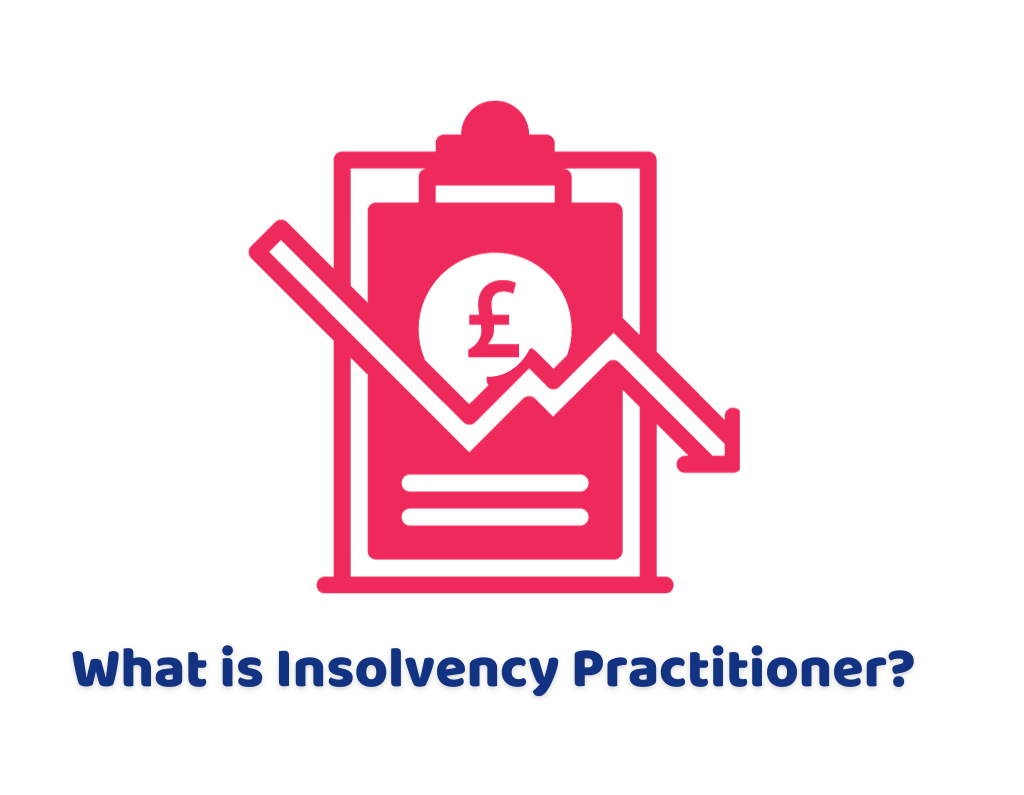The Ultimate Guide To Insolvency Practitioner
Table of ContentsNot known Facts About Insolvency PractitionerSome Known Factual Statements About Insolvency Practitioner Indicators on Insolvency Practitioner You Should KnowThe 6-Minute Rule for Insolvency PractitionerExcitement About Insolvency Practitioner
Whether or not you require to utilize an insolvency expert (IP) to liquidate your company depends on different factors. While involving a bankruptcy practitioner for all types of liquidation is not a legal requirement, doing so can usually improve the process and ensure compliance with legal requirements. Liquidating a business is a critical decision that comes with substantial consequences.
It is a procedure utilized when a firm does not have any lenders, or every one of their financial institutions can be repaid in full with legal interest. Understanding the various sorts of bankruptcy procedures can help you establish the very best strategy for your firm's liquidation or various other formal insolvency treatments itself.
This is necessary in order to comply with lawful demands - Insolvency Practitioner. This is since IPs have the essential credentials and experience to ensure that the liquidation process is carried out in accordance with all relevant legislations and regulations. By involving an accredited bankruptcy practitioner, you can have assurance recognizing that your business's liquidation procedure will be handled expertly and in conformity with the pertinent legal demands
What Does Insolvency Practitioner Mean?
The bankruptcy expert is selected as a liquidator and is liable for handling the firm and liquidator's financial obligations outstanding responsibilities and properties. This procedure involves offering off the business's assets and dispersing the proceeds to creditors. Upon conclusion of the procedure, the company is removed from the register at Companies House.
Stopping working to do so can lead to individual liability for the firm or supervisor for the creditor's debts. Voluntary liquidation, that includes Financial institutions' Voluntary Liquidation (CVL) and Members' Voluntary Liquidation (MVL), is started by the firm's directors and investors when they can no much longer pay their financial debts. In a CVL, the bankruptcy professional is designated as the liquidator, in charge of handling business debts and all company possessions.

Rumored Buzz on Insolvency Practitioner
By examining the expertise and experience of potential bankruptcy specialists, you can make certain that you select an expert who has the essential certifications to handle your firm's liquidation process successfully. While bankruptcy practitioner-led liquidation is commonly one of the most appropriate strategy for business dealing with bankruptcy, there are alternative strategies to think about, such as striking off and partial liquidation.
It's necessary to examine all readily available options prior to deciding on the following finest option or program of action for your organization. Striking off business' signs up is a more straightforward and affordable method to shut inactive or little business without financial debts or possessions. To strike off a business, its name is removed from the Companies Home register by submitting type DS01.
Before deciding for striking off, it's vital to consider the benefits and drawbacks of this method and consider whether it's the right selection for your business. Partial liquidation is another choice to bankruptcy practitioner-led liquidation, wherein a firm sells off specific assets and obligations while proceeding to run with the staying assets and responsibilities.
A Bankruptcy Professional will have the ability to encourage you of the finest strategy to take and guarantee that everything runs efficiently. Regrettably, it is not possible to sell off a firm without a liquidator. Appointing an authorized insolvency expert is necessary for the procedure of voluntary liquidation to start.
Insolvency Practitioner Fundamentals Explained
It is possible to shut and liquidate your firm without using a liquidator, given your company is solvent and you satisfy the qualification demands to liquify or liquidate it. If your business is financially troubled, you may be needed to make use of a liquidator and begin official insolvency procedures. Here are some other insightful articles relating read this post here to business liquidation in the UK:.
Being in a setting where you're unable to pay your business's lenders is incredibly difficult. In an attempt to avoid enhancing the level of financial obligation, numerous companies try to discuss straight with their financial institutions and accept a casual arrangement. If the financial obligation is fairly small and owed to one financial institution, and the lender is being participating, getting in right into an informal debt setup is possibly the very recommended you read best option, rather than browsing the web for 'an insolvency practitioner near me'.
On the other hand, if there are multiple creditors and the degree of financial obligation is big, lenders may not be so eager or participating. In order to prevent her latest blog liquidation or personal bankruptcy, it is much better to hire a bankruptcy professional to formulate formal propositions and work out with financial institutions in your place.
Insolvency Practitioner Things To Know Before You Get This
Whilst it is a way to take care of financial debt, there are significant threats involved with this kind of financial debt arrangement - Insolvency Practitioner. If a lender wants to participate in an informal plan (IA) whereby the debtor has actually concurred to make routine, if reduced, repayments to pay back the financial debt, it's essential to stay with the contract

The lender is within their civil liberties to back out of the contract and request the courts for your firm to be liquidated at any kind of time. A formal arrangement that has been recommended by a bankruptcy practitioner on your behalf, and concurred by a creditor, offers a much safer alternative.